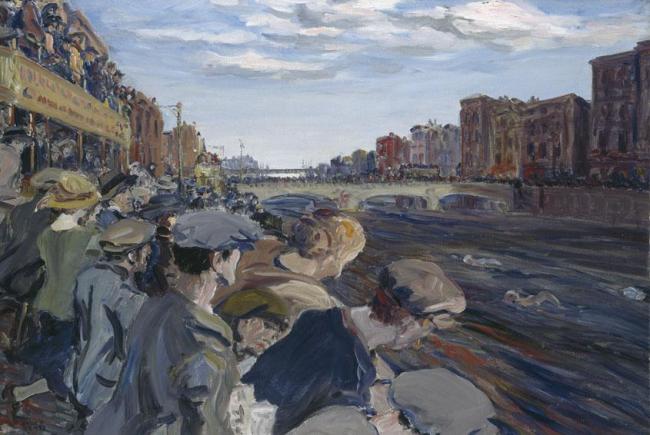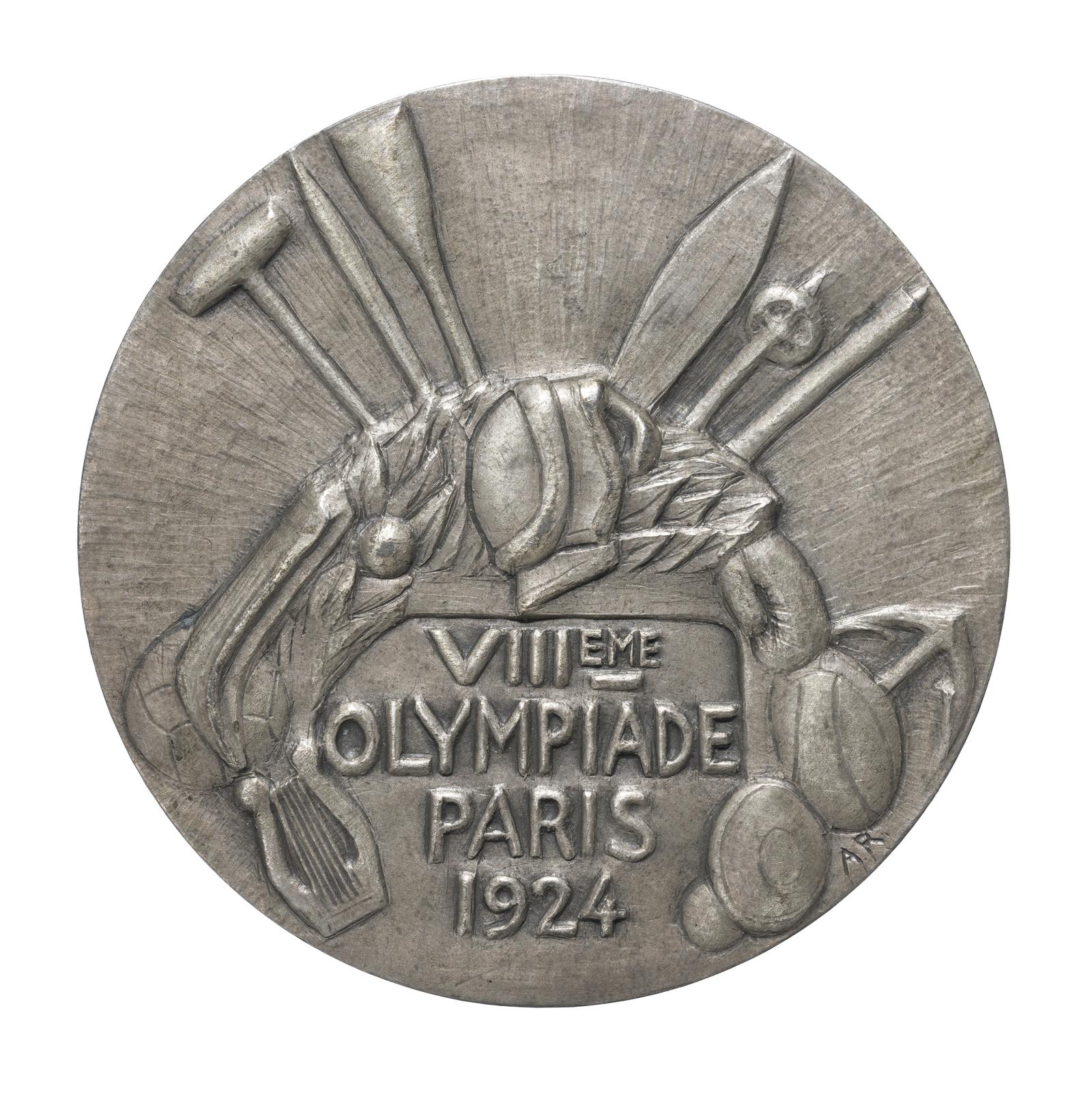People love the Olympics. It provides an unrivalled spectacle of all kinds of competitive sport performed at the highest level, it reveals the sights and sounds of the host nation, and it has a rarity value of taking place only once every four years.
The general consensus is that France
has delivered one of the best ever Olympic Games this year. It presented a
welcome return to normal (and extravagant) service. This was after Japan valiantly had kept the show on the road
in Tokyo in 2021 - despite having to deal with the Covid pandemic and empty arenas.
The achievements and positive attitudes of the athletes reminded us of the Olympic creed attributed to the French Baron Pierre de Coubertin, an essential element of the Parisian opening ceremonial -
"the most important thing in the Olympic Games is not to win but to take part, just as the most important thing in life is not the triumph but the struggle (1)."
As one national newspaper put it (2)
"against a background of so many international crises the Paris Olympics have been a welcome reminder of the potential of the human race rather than its failures (and) they have highlighted how sporting achievement has a special ability to lift our spirits."
And what fitting timing to mark the centenary of Paris hosting the Games. That 1924 Olympiad, its eighth modern incarnation, had witnessed the first appearance of Ireland competing as a nation; and what better way to mark its début and a significant centennial anniversary than with a modest record number of seven medals.
Interestingly, the first medal that
Ireland won at any Olympics was a silver awarded at the 1924 Paris Games. It went to the Sligo-based artist Jack
Butler Yeats for his painting "The Liffey Swim." Incidentally the artist himself stands to the left side wearing a grey hat with a black band.


Serendipity at work perhaps considering that Ireland's first medal in Paris 100 years later was the bronze won by the County Sligo swimmer Mona McSharry. The Yeats picture now hangs proudly in the National Gallery in Dublin (3).
A century on, and families friends and fans across Ireland and Great Britain expressed intense pride in its teams for representing us on the biggest stage, whether they won medals or not. The home-coming receptions for the teams were rapturous. In Dublin on 12 August, the day after the closing ceremony had taken place in the Stade de France, 20,000 people gathered to cheer on Team Ireland's return in the city centre; and in Manchester on 18 August a lavish 90 minute televised National Lottery funded music show illustrated the enormous outpouring of support for the home-coming Great Britain team (4).
One of the many more local receptions deserves mention. The diplomatic comments by Northern Ireland medal-winners at a home-coming pageant arranged by Ards and North Down Borough Council for its athletes competing for either team impressed the many fans present. "It doesn't matter if you represent Great Britain or Ireland (as) at the same time we're one, all supporting each other...times are changing." Philosophy that our Greek ancestors like Socrates, Plato and Aristotle would endorse.
The legacy of the modern Olympics reminds us not just of our own health
and that of our community but also of its connections to ancient civilisations. I have pleasant memories from student days of a field trip to the western Pelepponese peninsula in Greece and visiting the original 200 by 34 metre stadium at Olympia (5). Those Games were celebrations in honour of the god Zeus. Just like now they were held every four years.
It is the marathon that represents the most quintessential link between the Olympiads of classical Greece and sport in the modern world. Thirty-five years ago I ran the Paris marathon. My notes record a time of 3 hours 16 minutes. As a débutant in the vet 40 category, I was happy with that result - j'ai accompli la distance.
That year, 1989, was the bicentenary of the French Revolution. I learned that it was also the centenary of the Eiffel Tower, festooned as it was with lights - "100 ans."
The monument itself had been erected to mark the centenary of the Revolution, and a prominent feature in this year's Games at 135 years of age.
In 1989 I was one of what then seemed like a huge field amounting to 10,000 runners. Reading the front page of the 30 April edition of L'Équipe, I would be classed as one of les "anonymes" (mais aussi un "vainqueur"). Today the city's annual marathon attracts over 50,000 runners - a testament to the growing popularity of long-distance running and also to the abiding attractiveness of Paris as a venue.
An enduring and positive legacy of ancient Greece.
©Michael McSorley 2024
References
1. https://www.olympedia.org/definitions/117
2. Irish Times p17 editorial 10 August 2024 Ireland's inspiring Olympics
3. http://www.sourcenationalgallery.ie/node/69
4. BBC One 18 Aug 2024 Team GB Homecoming by the National Lottery https://www.bbc.co.uk/iplayer/episode/m002268l
5. https://www.greeka.com/peloponnese/olympia/sightseeing/ancient-stadium/.
